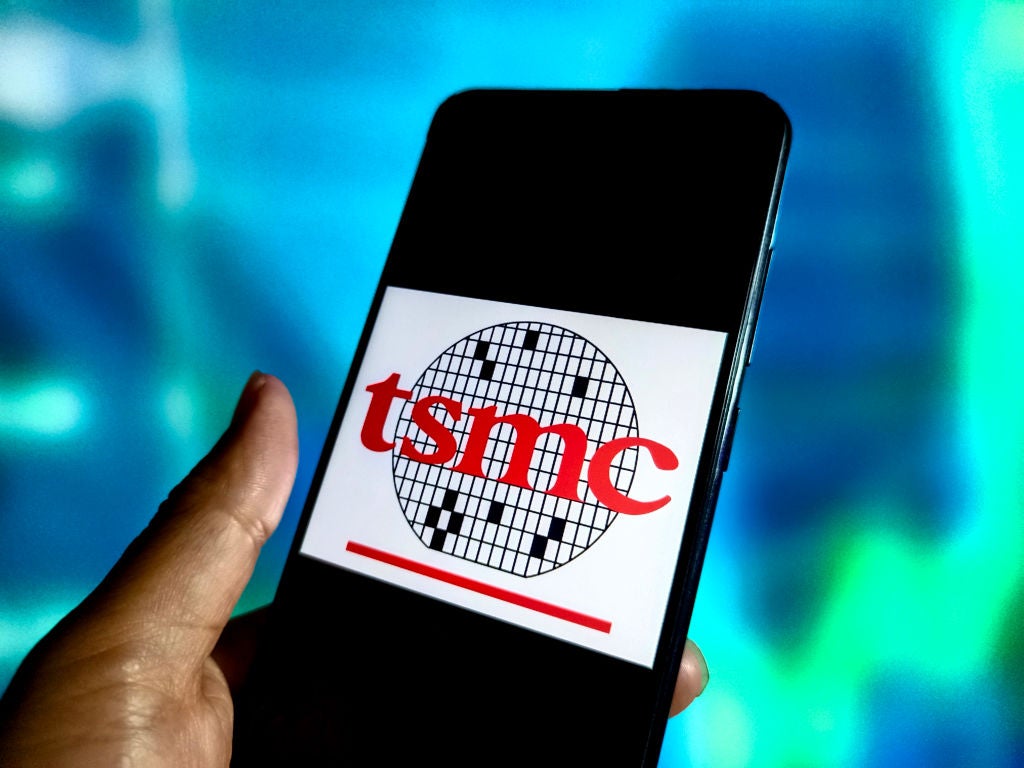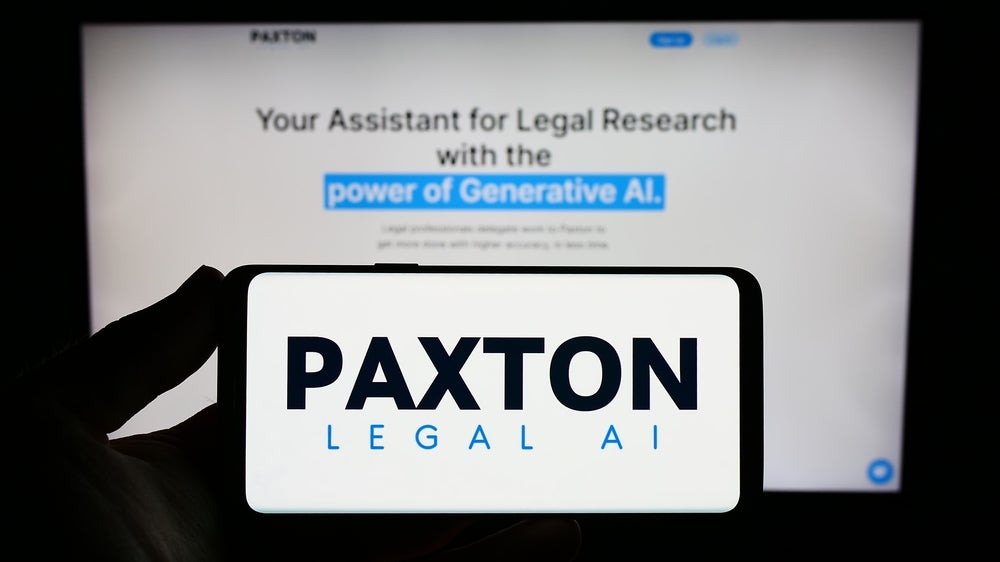
Millennials, those born between 1987 and 2004, are facing some serious questions when it comes to their future.
Not only are those born in this generation subject to higher university fees than their parents were, they’re also less likely to get on the housing ladder. And, after two reports were published today, they are probably going to miss out on a state pension too.
The reports, one by the Government Actuary and one by John Cridland, both investigated how the state pension age (SPA) timetables might need to change beyond 2028.
At the moment, the minimum pension age is 65, though this is due to rise to 66 in this parliament. Both reports have called for an increase in the minimum age, which could rise to 70 or above for those aged 30 or under.
The Government Actuary report has said this rise is needed to ensure the state pension is paid for no more than 32 percent of a person’s life.
As well as this, the actual pension wage could be decreased as well. The current pension is £119.30 per week, based on 35 years of National Insurance payments. This is subject to the triple-lock pledge, which guarantees that pensions rise at either the highest rate of inflation, average wages or 2.5 percent, whichever ends up being higher.
How well do you really know your competitors?
Access the most comprehensive Company Profiles on the market, powered by GlobalData. Save hours of research. Gain competitive edge.

Thank you!
Your download email will arrive shortly
Not ready to buy yet? Download a free sample
We are confident about the unique quality of our Company Profiles. However, we want you to make the most beneficial decision for your business, so we offer a free sample that you can download by submitting the below form
By GlobalDataCridland’s report recommends ditching the triple-lock pledge in the next parliament as a way to offset the increasing costs of pensions. However, this means that by the time millennials do get to retire, there might not be much left in the pot for them.
The government’s annual budget for state pensions is around £100bn. The triple-lock measure has added £28bn to the cost of pensions over the past six years alone. This doesn’t take into account the general government spending on older people, whether that’s in increased healthcare costs or social care bills thanks to our ageing population.
It’s not just the under-30s that will miss out. If the pension age is raised at a faster rate than previously proposed, people in their early 40s are likely to see their state pension age pushed back another year, so they could be 68 before they can safely retire.
Ministers will decide in May whether to go ahead with the proposals.
One way to offset the issues that may come with a rise in the pension age and the end to the triple-lock is to begin saving for your pension now. Most companies will have a defined contribution pension, which comes out of your salary ever month, tax-free. Often your employer will match contributions and you can increase the amount you pay in each month to boost these savings.
If you are concerned about your pension and want to take the steps to increase it, the Money Advice Service offers guidance on what you can do.






